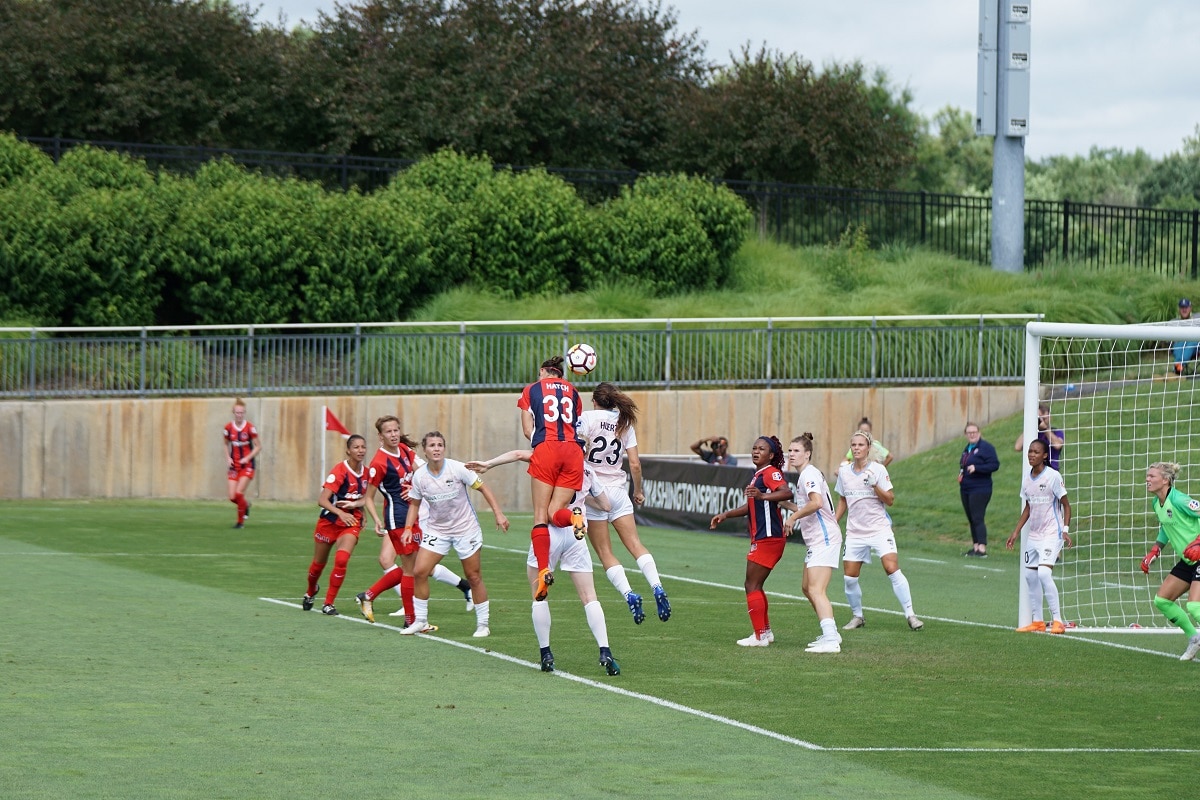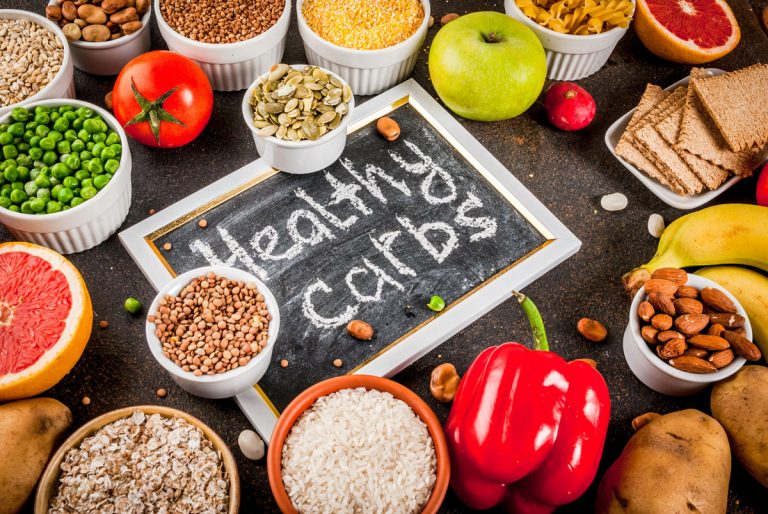Most children, teenagers, and young adults have a knack for sports. Whether it is after-school practice, sports season, or simply getting involved in extracurricular activities, it boosts growth, strength, energy levels, and mood. It is easy for people to get carried away playing all day long without thinking about energizing themselves hours after hours. This is when the right nutrition before, after, and during Game Day or practice becomes important. Having the right food at the right time is just as important as activating the body with various sports activities.
Although young children who compete in shorter games don’t need to focus much on their nutrition, older kids who are serious about their performance and want to enhance their athletic abilities need to have meals that include certain foods in their diet for nutritional benefits. If you wish to eat healthy food but don’t have enough meal prepping ideas, check out The Picky Eater to find recipes curated for everyone with different tastes and preferences. Here’s are some ideas on how you can help build and maintain energy to prepare for Game Day:
In This Article
Carb-load and Avoid New Foods the Night Before the Game
Carbohydrate-rich meals are usually starchy foods like rice, potatoes, and pasta that provide the fuel athletes need for the game the next day. To be safe, it is best to avoid new foods that will take a toll on your stomach during the game.
Breakfast On Game Day – Have three hours at hand before the game event for a pre-game breakfast. Grilled potatoes with scrambled eggs and fat-free milk or calcium-fortified fruit juice would be an ideal pre-game meal.
Avoid Skipping Lunch – Since athletes mostly have to attend competitions right after school, therefore, lunch is an essential source of fuel for them. Lunch should be rich in protein sources like lean meat, along with whole grains, fruits, vegetables, and low-fat dairy.
Timing is Key – Eating at the right time is just as important as what you eat. Before an athletic event, your body will take two to three hours to digest breakfast or lunch. Eat adequately without overeating, and as game time gets closer, keep in mind to eat light snacks.
Stay Hydrated and Don’t Eat Fats before the game
Staying hydrated on the day of the game is an absolute must because it will help to prevent cramps and fatigue. It is recommended to pack starchy snacks like bread, bananas, or crackers to eat before and after-school games. Greasy, fried, and fatty foods are known for slowing digestion; athletes feel slow and sluggish if they consume junk food, milk, and high-fiber foods such as beans, fruits, and vegetables as they take time to be digested, thus causing stomach problems.
Food poisoning will slow down your athlete due to nausea, vomiting, or diarrhea. Therefore, fat content should be kept on the lower side. Snacks can be prevented from being spoiled by storing them at the right temperature. Eggs, cheese, yogurt, meat, and salads dressed in mayonnaise should be kept in a cooler or refrigerator. On the bright side, you can keep nuts, granola bars, and whole fruits in a sports bag without worrying.
Refuel depending on your need during the game
It is recommended for parents to pack sugary treats for their children only to be eaten before the game. Foods too sweet will be absorbed and expended fast, resulting in no benefits. When athletes are on the sidelines, both water and sports drinks like Gatorade should be consumed because they contain electrolytes and potassium that will help them recover.
Though alternative hydration options like pickle juice are more popular recently, sticking to sports drinks is best because they have salt and sugar in the right combination that increasingly absorbs electrolytes in the body. Sports drinks are required in training sessions lasting over an hour so that electrolytes lost due to heavy sweating can be replaced.
Hydrating during the game/practice
It is necessary to be hydrated before, after, and during the game/practice. Young athletes should hydrate themselves to make up for fluids lost due to sweating; otherwise, it will result in dehydration. Exercise performance will be hampered if dehydration exceeds two percent of body weight loss, thus ensuring that you hydrate yourself by taking small amounts of water at a time is a must. After the game, you will feel fatigued. Overhydrating will cause more fatigue and light-headedness. This is when sports drinks come in handy. They will replenish the electrolytes that water dilutes.
Post-practice or game snack
Prepare snacks like fresh fruits, yogurt low in fat, smoothies because athletes are most likely drained after playing a tough game or finishing practice late. It is best to have it before dinner.
After-game dinner
It is essential to include the five food groups: protein, carbohydrate, whole grains, vegetables, fruits, and dairy. Few examples of snacks with carbs and protein are peanut butter sandwiches that have low-sodium, deli meat on whole grain bread, Protein Bars, etc. You can have baked or broiled cuts of meat, such as chicken breast, and seafood, such as tuna or salmon. Tofu and beans are also great choices of plant-based protein foods.
Proteins are particularly important if you are involved in high-intensity and resistance training because they will recover damaged muscle tissues, aid in growing new muscles, and support growth. Whole grains like whole-wheat pasta can be served with low-fat cheese sauce or tomatoes. Make sure to include enough vegetables. Top it off by serving baked apples or pears with low-fat milk. You may also include low-fat vanilla yogurt, fruits, and whole-grain cereal.
When Young Athletes Should Eat after Competing
After training, eating a snack packed with carbohydrates within thirty minutes will replenish muscle energy, also known as ‘glycogen stores’ efficiently. Have food high in potassium and carbohydrates such as bananas, potatoes, and low-fat milk or yogurt. Carbohydrates will help replace glycogen, also known as “muscle fuel” that is lost while taking part in sports.
If you have more than one training session/ event within eight hours, eating right after the first competition is important to repair and rest the body before the next competition. In addition, continuing the muscle’s glycogen repair and recovery can be ensured by having a couple of balanced meals within six hours after the training or competition.
However, it depends on your appetite. If you have a small appetite, having a small snack or sports drink first and then going for a small meal two to four hours later would be better.
Post-Competition Hydration
Hydration is essential after a game. Drinking three cups of water for every pound shed during competition is recommended. Besides water, fluids in the form of smoothies made with frozen fruits and yogurt can be a flavorful way to fulfill the required carbohydrates and calorie intake to replace lost fluids. Another great recovery drink would be chocolate milk with a balanced amount of protein and carbohydrates. Go for low-fat or fat-free milk that will meet your fluid needs.
Young athletes need to have important nutrients like calcium which is crucial for strengthening bones, contraction of muscles, and transmission of nerve impulses, and potassium for balancing fluid. It has a good source of Vitamin D that will naturally boost recovery without supplements, thus allowing you to refuel and repair your body properly for the next workout.
When athletes enter sports, many challenges are thrown their way that can overwhelm them. Not only do they have to maintain fitness with the right exercise and activities but also maintain a nutrient-enriched diet. It is also critical for them to be in harmony with both their physical and mental well-being to reap the most benefits when they are performing on the field. Young athletes, particularly at the beginning of their journey, may be unaware of how to keep their stamina consistent, but with the right planning and knowledge, they will surely tackle every obstacle in their way.
A balanced diet can be difficult to formulate without proper guidelines, especially if they are not trained under an experienced coach or mentor. In most cases, these athletes neither have the time nor the energy to prepare meals for themselves, making it obvious they need help. These nutrition tips will not only pave the way for sports enthusiasts seeking to benefit from meal-prepping but will also be useful for those who prepare these meals for them.










![Home Renovation Guide [2025]](/app/uploads/2021/04/design-hacks-1-378x300.jpg)
